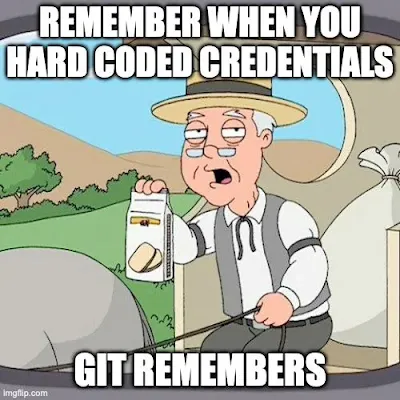In the ever-evolving world of technology, staying ahead of the curve is crucial. As new programming languages emerge, others fall by the wayside. If you’re a developer or aspiring coder, it’s important to know which languages are becoming obsolete so you can focus your learning on skills that will be relevant in the future. Here’s a guide on the top 10 programming languages to avoid in 2024—and what you should be learning instead! 💻
1. Visual Basic 6 🛑
Once a powerhouse for building Windows desktop applications, Visual Basic 6 has seen its day. Developed by Microsoft in the 1990s, this language was known for its easy-to-use IDE and GUI. However, with the rise of modern frameworks like .NET and the shift towards web-based applications, Visual Basic 6 has become largely outdated.
💡 Learn Instead: Explore C# and .NET for building modern desktop and web applications.
2. Assembly Language 🛠️
Assembly, a low-level programming language, was once crucial for developing operating systems and device drivers. Its ability to produce highly efficient code made it invaluable. However, its complexity and the rise of higher-level languages like C and C++ have led to a significant decline in its use.
💡 Learn Instead: Get started with C++ for a blend of efficiency and ease of use.
3. Fortran 📉
Fortran, developed in the 1950s for scientific computing, is another language that’s losing relevance. Despite its past glory in handling large-scale computations, its complex syntax is no match for modern alternatives like Python and R.
💡 Learn Instead: Dive into Python for a versatile and intuitive approach to scientific computing.
4. Classic ASP ⚠️
Once popular for server-side scripting, Classic ASP has been overshadowed by newer web technologies. Developed by Microsoft in the 1990s, it’s been largely replaced by more modern frameworks like PHP, JSP, and Ruby on Rails.
💡 Learn Instead: Check out PHP or Ruby on Rails for robust web development.
5. Objective C++ 💤
Objective C++ allowed developers to use the best of both Objective C and C++ in a single codebase. However, with Apple’s introduction of Swift, a modern and more efficient language, Objective C++ has faded into obscurity.
💡 Learn Instead: Start learning Swift to develop apps for iOS and macOS with ease.
6. Haskell 🤔
Haskell, known for its pure functional programming paradigm, was once favored for scientific computing. Despite its powerful type system, its complexity and niche appeal have made it less popular than languages like Python and R.
💡 Learn Instead: Explore functional programming in Python or get started with R for data analysis.
7. Smalltalk 🧑🏫
Smalltalk, an object-oriented language developed in the 1970s, was revolutionary in its time. Known for its support of the model-view-controller (MVC) architecture, it’s now overshadowed by more modern OOP languages like Java and Python.
💡 Learn Instead: Get familiar with Java or Python for modern OOP development.
8. Perl 📝
Perl, with its powerful text manipulation capabilities, was a go-to for web developers in the early 2000s. However, the rise of Python, with its concise and readable syntax, has pushed Perl into the background.
💡 Learn Instead: Master Python for modern web and software development.
9. Objective C 🕒
Objective C, once the backbone of iOS and Mac development, is now being replaced by Swift. Although it still has a niche following, most new projects are being built with Swift, which offers a more modern and efficient development experience.
💡 Learn Instead: Begin your journey with Swift to stay current in Apple development.
10. COBOL 🏛️
COBOL, one of the earliest programming languages, was designed for business applications in the 1950s. Despite its historical significance, its cryptic syntax and lack of support for modern programming models have led to its decline.
💡 Learn Instead: Transition to Java or Python for more intuitive and flexible programming.
Why Staying Updated Matters 🧠
Keeping your programming skills current is essential in today’s fast-paced tech landscape. While these languages had their time in the spotlight, the shift towards more modern, flexible, and user-friendly languages is undeniable. By focusing on learning the right skills, you can ensure that you remain competitive and relevant in your career.
🚀 Ready to Upgrade Your Skills?
Explore certification programs in cutting-edge domains like Data Science, Cloud Computing, Cybersecurity, AI, Machine Learning, or Digital Marketing. These programs are designed by industry experts and can help you stay ahead of the curve in 2024 and beyond.
👍 Like What You See?
If you found this guide helpful, don’t forget to subscribe to our blog and follow us for more tips on navigating the ever-changing world of programming. Happy coding!






